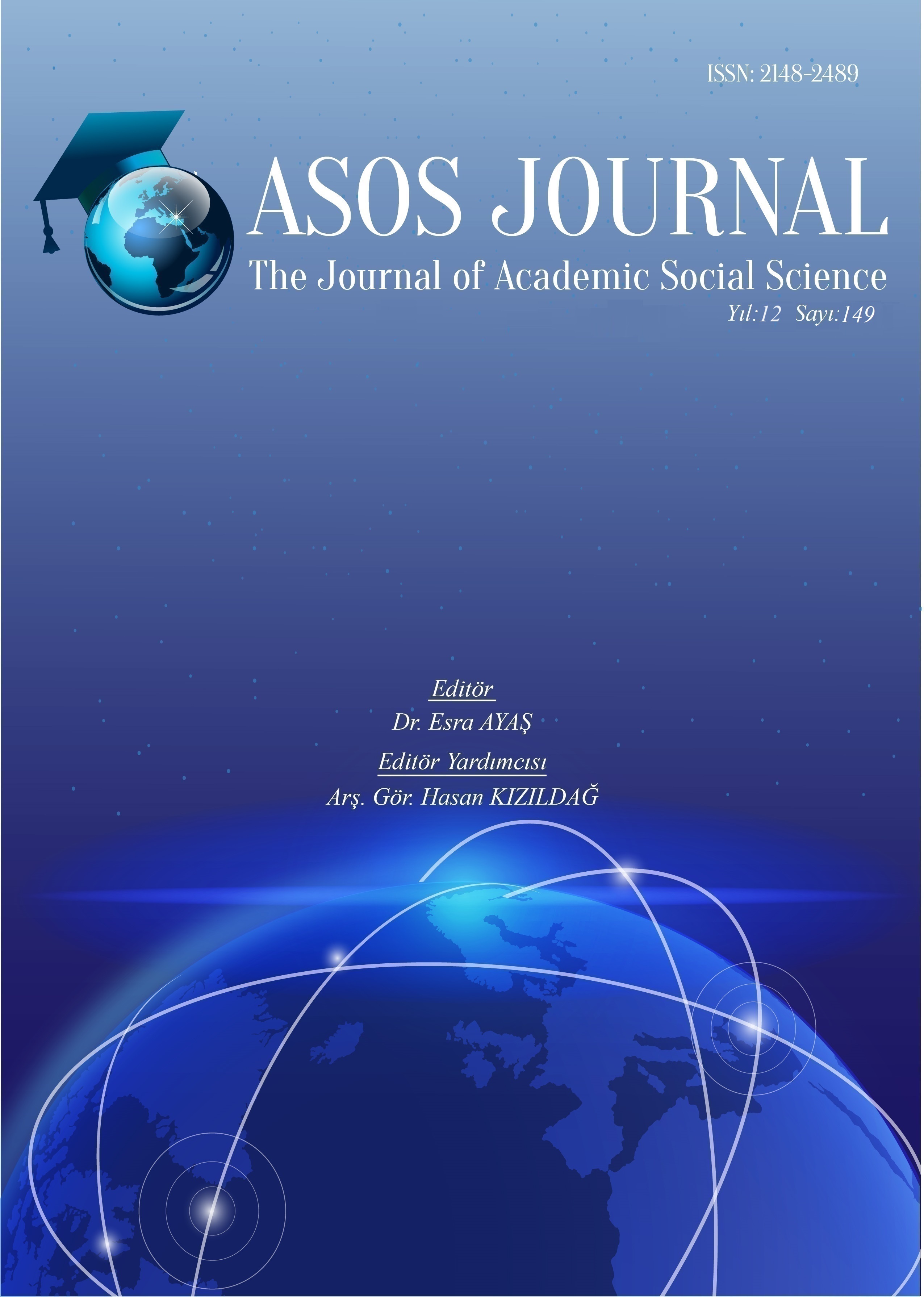Author :
Abstract
Politik istikrarsızlık politik ve yasal olarak belirsizliğe yol açabileceğinden iktisadi açıdan etkinlik ve verimlilik üzerinde olumsuz etki yaparak verimliliği direkt azaltarak piyasa işleyişini olumsuz etkileyebilmektedir. Siyasi istikrarsızlığın iktisadi konjonktüre yansımaları konusunda elde edilen genel kanı yatırım yoluyla başta iktisadi kalkınma olmak üzere makroekonomik değişkenlerin ciddi şekilde etkilendiğidir. Bu çalışma Türkiye özelinde genel bütçe dengesi (GBD), genel bütçe gelirleri (GBG), gayri safi yurtiçi hasıla (GSYİH), Jeopolitik risk (GPR), tüketici fiyat endeksi (TÜFE) ve genel bütçe harcamaları (GBH) arasındaki teorik ilişkiyi ampirik olarak test etmek için yapılmıştır. Çalışmada değişkenler arasındaki nedensellik ilişkisi Toda Yamamoto nedensellik testi ile test edilmiştir. Genel bütçe dengesi (GBD), ile analiz edilen diğer değişkenler arasındaki eş bütünleşme, uzun ve kısa dönem dönem ilişkilerinin tespit edilmesinde ARDL sınır testi uygulanmıştır. Çalışmada incelenen değişkenlerin Ocak 2006-Q1-2023Q4 dönemine ilişkin çeyrek dönem verileri kullanılmıştır. Veriler TCMB elektronik veri tabanından (EVDS) alınmıştır. Çalışmada Toda Yamamoto nedensellik testine göre jeopolitik risk endeksinden (GPR) %1 ve tüketici fiyat endeksinden (TÜFE) ise %5 önem seviyesinde genel bütçe dengesine (GBD) doğru nedensellik tespit edilmiştir. Öte yandan incelenen diğer değişkenler ile genel bütçe dengesi arasında herhangi bir nedensellik bulunamamıştır. Çalışmada analiz edilen değişkenler arasındaki eş bütünleşme ve uzun dönem ilişkisi ARDL sınır testi ile araştırılmıştır. ARDL (1,0,2,0,1,1) modeli ile tahmin edilen F istatistiği ve kritik değerler bağlamında analiz edilen değişkenlerin uzun dönemde eş bütünleşik oldukları ve birbirinden bağımsız hareket etmedikleri sonucuna varılmıştır. Çalışmadan elde edilen sonuçlara göre iyileştirilmiş iş ve iktisadi koşullar bütçe açığının azaltılmasına yardımcı olacaktır.
Keywords
Abstract
Since political instability may lead to political and legal uncertainty, it may have a negative impact on economic efficiency and productivity, directly reducing productivity and adversely affecting market functioning. The general opinion on the repercussions of political instability on the economic conjuncture is that macroeconomic variables, especially economic development through investment, are seriously affected. This study was conducted to empirically test the theoretical relationship between general budget balance (GBB), general budget revenues (GBG), gross domestic product (GDP), geopolitical risk (GPR), consumer price index (CPI) and general budget expenditures (GBE) in Turkey. In the study, the causality relationship between the variables was tested with Toda Yamamoto causality test. ARDL bounds test was applied to determine the cointegration, long and short-run relationships between the general budget balance (GBB) and other variables analyzed. Quarterly data of the variables analyzed in the study for the period January 2006-Q1-2023Q4 are used. The data were obtained from the CBRT electronic database (EVDS). According to the Toda Yamamoto causality test, there is a causality from the geopolitical risk index (GPR) to the general budget balance (GBB) at 1% significance level and from the consumer price index (CPI) to the general budget balance (GBB) at 5% significance level. On the other hand, no causality was found between the other variables analyzed and the general budget balance. The cointegration and long-run relationship between the variables analyzed in the study were investigated by ARDL bounds test. Based on the F statistic and critical values estimated with the ARDL (1,0,2,0,0,1,1) model, it is concluded that the analyzed variables are cointegrated in the long run and do not act independently of each other. According to the results obtained from the study, improved business and economic conditions will help reduce the budget deficit.





